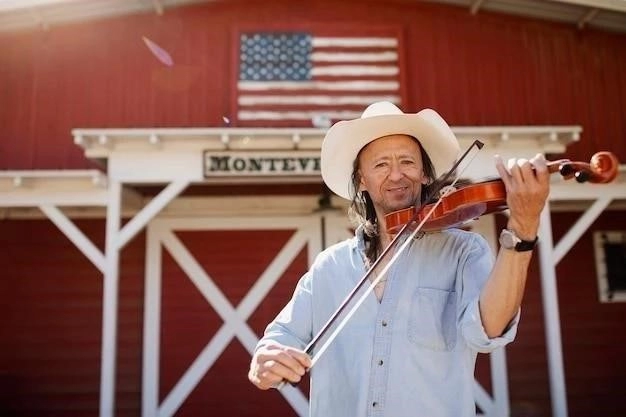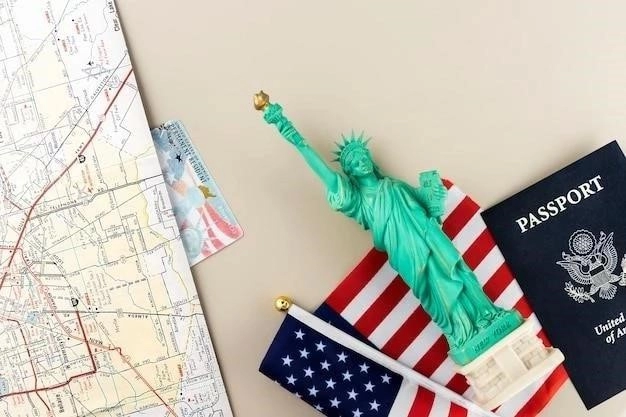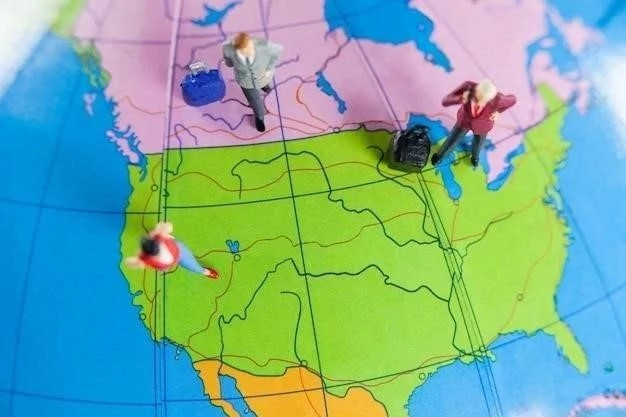Historical Context
The United States, since its inception, has been profoundly shaped by religion. The nation’s founding was deeply intertwined with Protestant Christianity, which influenced early colonial life, legal frameworks, and social values. The First Amendment, guaranteeing religious freedom, itself reflects this historical context, aiming to prevent government imposition of a specific faith while acknowledging the significant role of religion in public life.
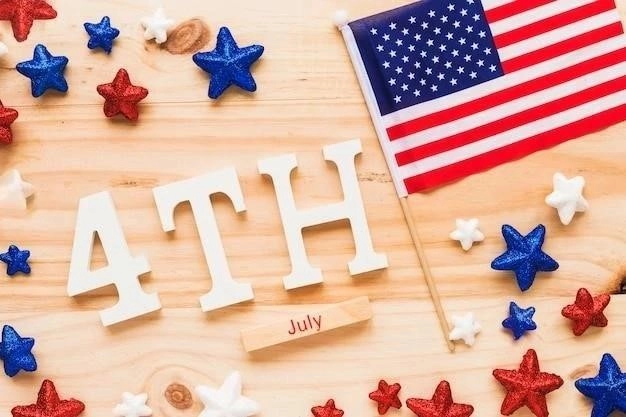
Religious Demographics
The religious landscape of the United States is diverse and constantly evolving. Christianity, while still the majority religion, has experienced a decline in recent decades. As of 2024, approximately 48.9% of Americans identify as Protestant, encompassing a wide spectrum of denominations, and 23% as Catholic. However, the rise of the religiously unaffiliated, often referred to as “nones,” represents a significant shift. This demographic encompasses atheists, agnostics, and those who simply do not subscribe to any particular religion. Additionally, faiths such as Judaism, Islam, Buddhism, and Hinduism, fueled by immigration, contribute to the nation’s pluralistic religious makeup. Understanding these shifting demographics is crucial to grasping the complex role of religion in contemporary American society.
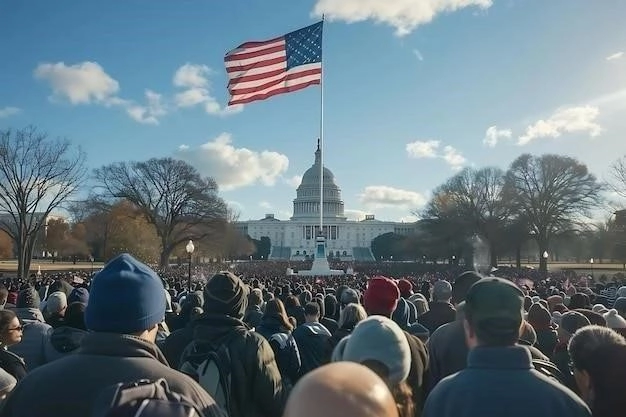
Major Religious Groups
The United States boasts a remarkably diverse religious landscape, with a multitude of faiths practiced across the nation. Christianity, in its various denominations, remains the largest religious affiliation, encompassing Protestantism, Catholicism, Mormonism, and other smaller Christian groups. Protestantism, characterized by its diverse denominations, represents the largest Christian tradition. Catholicism, the second largest Christian group, maintains a significant presence, particularly in certain regions. Beyond Christianity, other faiths contribute to the nation’s religious tapestry. Judaism has a long and influential history in the U.S., while Islam, Buddhism, and Hinduism have experienced substantial growth in recent decades, largely due to immigration patterns. This pluralistic religious landscape shapes the social, cultural, and political fabric of American society.
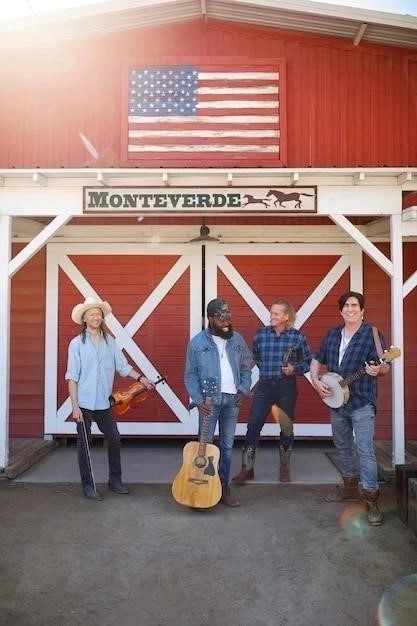
Protestantism
Protestantism, encompassing a diverse array of denominations, has profoundly shaped the religious landscape of the United States since the nation’s founding. From the early Puritan settlements to the Great Awakenings, Protestant Christianity has been deeply intertwined with American identity, values, and social reform movements. The emphasis on individual faith, biblical literalism, and the separation of church and state, characteristic of many Protestant denominations, have had a lasting impact on American culture and politics. Evangelical Protestantism, known for its emphasis on personal conversion and evangelism, has been particularly influential in recent decades, playing a significant role in shaping public discourse on social and moral issues. The diversity within Protestantism, ranging from mainline denominations to Pentecostal and evangelical churches, reflects the dynamism and evolving nature of American religious life.

Catholicism
Catholicism, representing the second largest Christian tradition in the United States, has played a significant role in shaping the nation’s religious and social landscape. From its early presence in colonial Maryland to the waves of immigration from predominantly Catholic countries in the 19th and 20th centuries, Catholicism has enriched American culture and contributed to its religious diversity. The Catholic Church has been a prominent voice on social justice issues, advocating for the poor, immigrants, and marginalized communities. Its educational institutions, including a vast network of parochial schools and universities, have had a profound impact on American education. While maintaining its distinct theological and hierarchical structure, American Catholicism has navigated the challenges of assimilation, adaptation, and dialogue with other faiths in a pluralistic society.
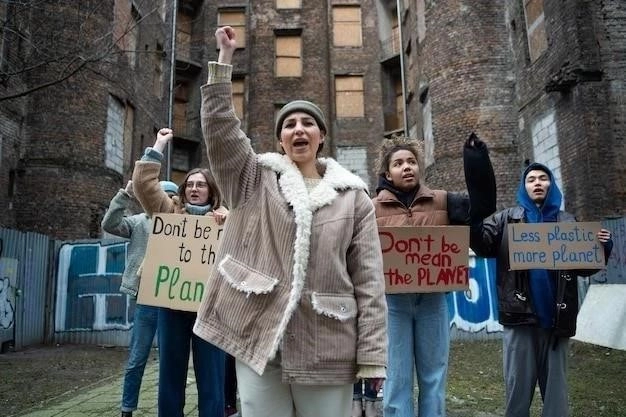
Other Faiths
Beyond Christianity, a rich tapestry of other faiths contributes to the religious diversity of the United States. Judaism, with its deep historical roots and cultural influence, has played a significant role in American society, from intellectual and artistic pursuits to social justice activism. Islam, Buddhism, and Hinduism, while historically smaller in number, have experienced substantial growth in recent decades, largely due to immigration from Asia, Africa, and the Middle East. These faiths enrich the nation’s cultural landscape, fostering interfaith dialogue and challenging traditional notions of American religious identity. The presence and vibrancy of these diverse faith communities underscore the evolving nature of American religious life and the ongoing pursuit of religious freedom and understanding.
Religion and Politics
The intersection of religion and politics in the United States has been a source of both dynamism and tension since the nation’s founding. The First Amendment, guaranteeing religious freedom and prohibiting the establishment of a state religion, established a framework for navigating this complex relationship. However, the boundaries between religious values and public policy remain a subject of ongoing debate. Religious groups have played a significant role in shaping public discourse and advocating for social change on issues such as civil rights, poverty, and abortion. However, the mobilization of religious beliefs in the political sphere also raises concerns about the separation of church and state and the potential for religious majoritarianism to infringe on the rights of minorities. The interplay between religion and politics in the U.S. continues to evolve, reflecting the changing demographics, values, and political landscape of the nation.

Religion and Social Issues
Religion has long been intertwined with social issues in the United States, serving as both a catalyst for social change and a source of societal debate. Religious groups and individuals have been at the forefront of movements for social justice, advocating for civil rights, economic equality, and the rights of marginalized communities. The abolition of slavery, the Civil Rights Movement, and the fight for LGBTQ+ rights have all drawn significant inspiration and support from religious communities. However, religious beliefs have also been invoked to justify social inequalities, discrimination, and resistance to social change. Debates over issues such as abortion, same-sex marriage, and the role of women in society often reflect deeply held religious beliefs and values. The complex interplay between religion and social issues continues to shape the social and political landscape of the United States.

Religious Influence on Culture
Religion’s impact on American culture is profound and pervasive, extending beyond the walls of churches, synagogues, temples, and mosques. Religious beliefs and values have shaped American literature, art, music, and holidays, reflecting the nation’s diverse religious heritage. The Protestant work ethic, emphasizing hard work, thrift, and self-reliance, has been cited as a contributing factor to American economic development. Religious themes of redemption, forgiveness, and social justice have inspired countless works of art and literature. Moreover, religious institutions have played a vital role in fostering community, providing social services, and promoting civic engagement. Despite the rise of secularism, religion’s influence on American culture remains significant, shaping national identity, values, and social norms.
The Rise of the Nones
One of the most significant trends in contemporary American religion is the rise of the “nones,” individuals who do not identify with any particular religious group. This demographic encompasses atheists, agnostics, and those who simply describe their religious identity as “nothing in particular.” The reasons behind this trend are multifaceted, ranging from generational shifts and the declining influence of organized religion to increased secularization and a perceived disconnect between traditional religious values and contemporary social mores. The rise of the nones presents both challenges and opportunities for religious institutions. While some view it as a sign of religious decline, others see it as an opportunity to engage with spirituality and meaning-making in new and innovative ways. The growing presence of the nones will undoubtedly continue to shape the religious landscape of the United States.
The Future of Religion in America
Predicting the future of religion in America is a complex endeavor, given the dynamic and evolving nature of religious belief and practice. However, several trends suggest potential trajectories for religion’s role in American society. The rise of the nones, the increasing religious diversity fueled by immigration, and the growing prominence of spirituality alongside or outside of traditional religious institutions all point to a more fluid and individualized religious landscape. Religious institutions will likely need to adapt to these changing dynamics, engaging with contemporary social issues, fostering interfaith dialogue, and offering meaningful spiritual experiences that resonate with a diverse and increasingly secularized population. The future of religion in America will likely be characterized by both challenges and opportunities as individuals and institutions grapple with the evolving role of faith in a rapidly changing society.







